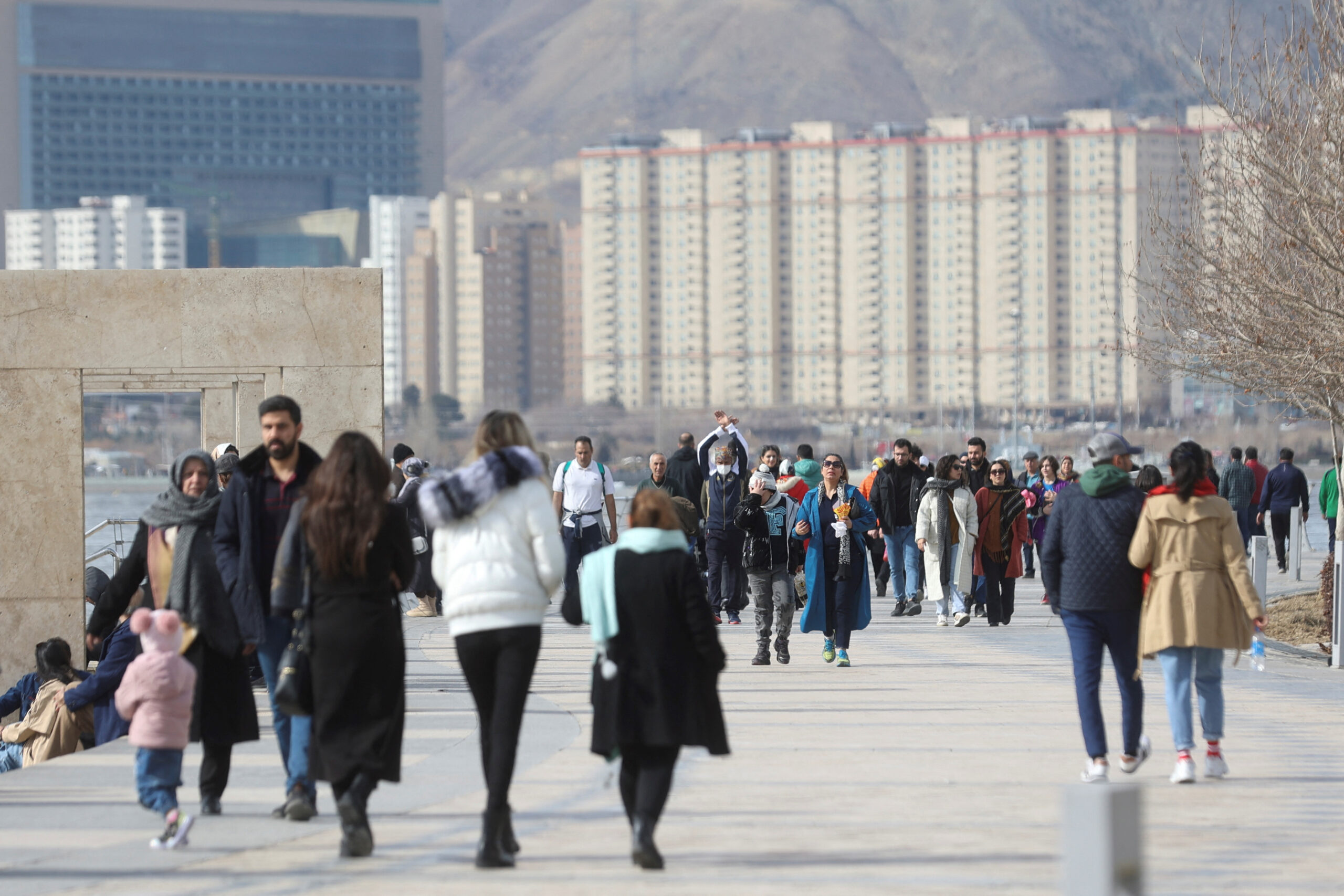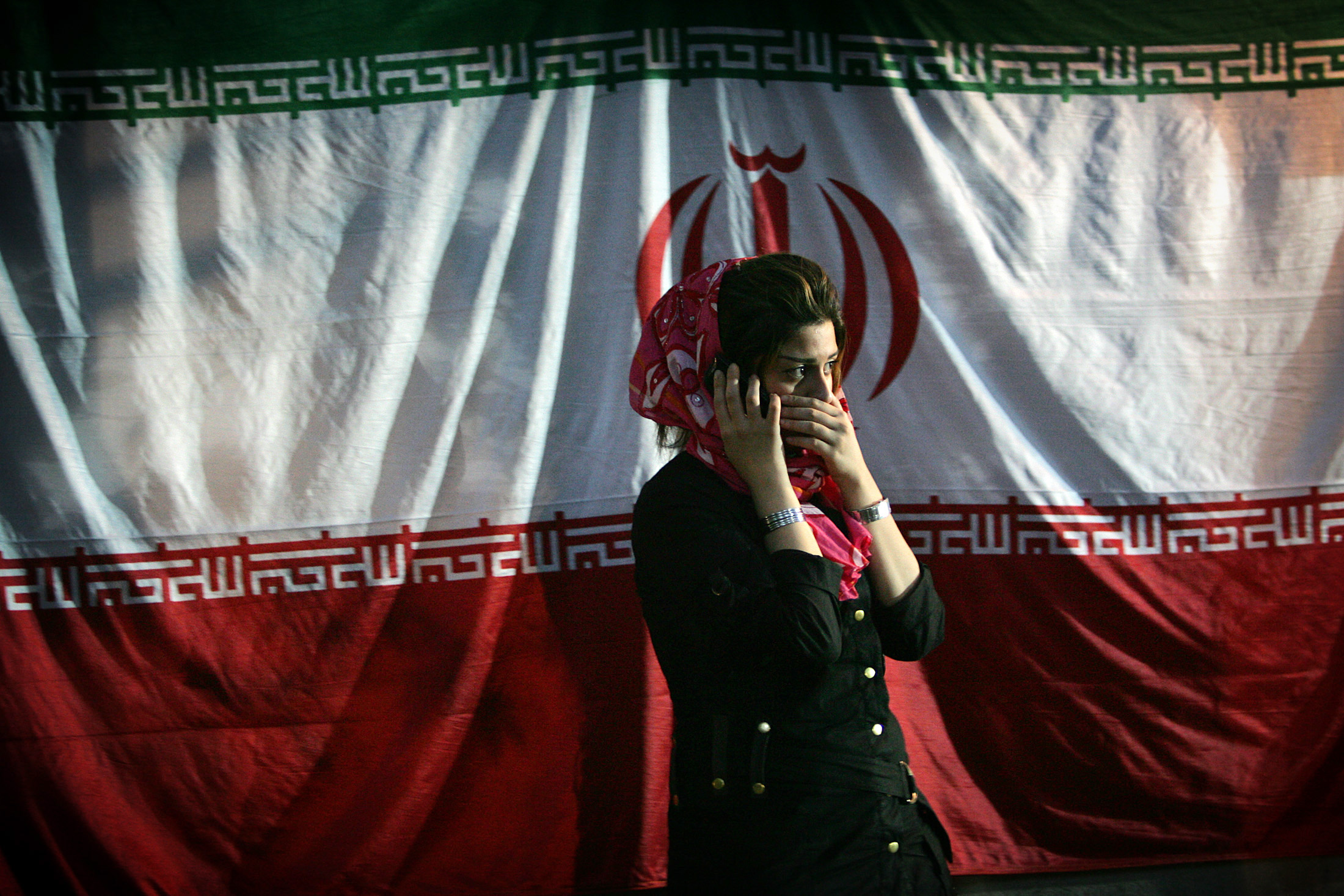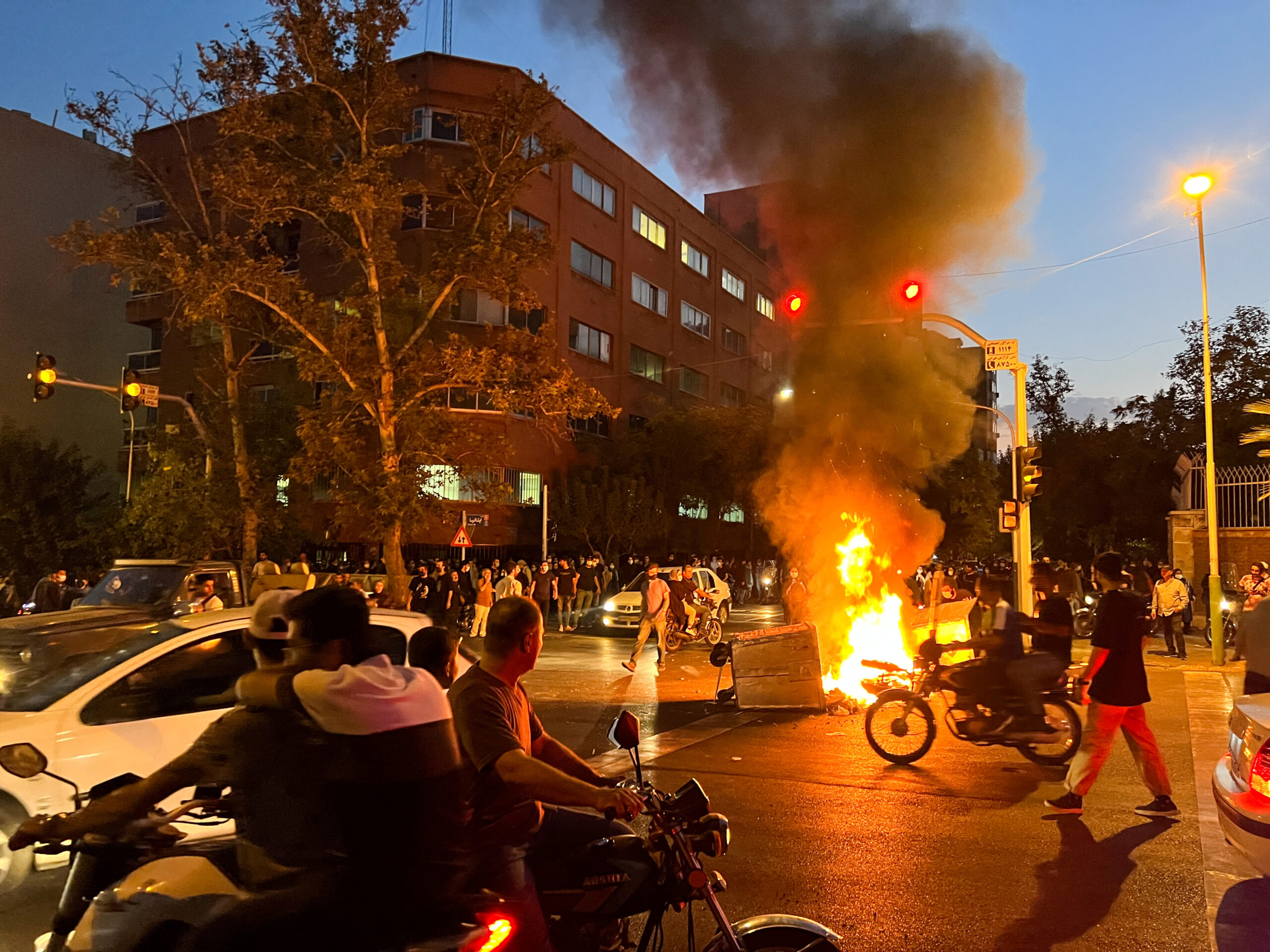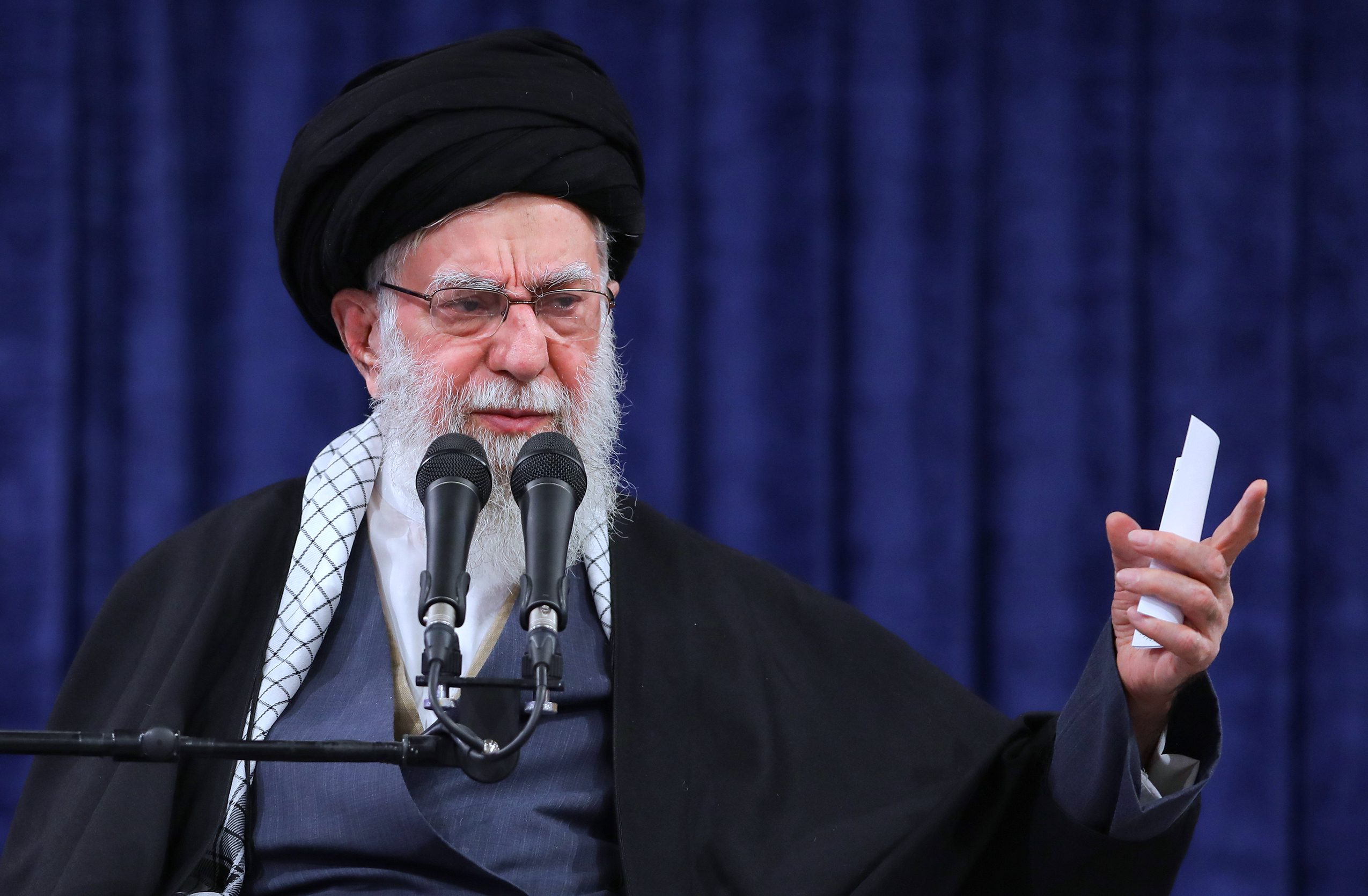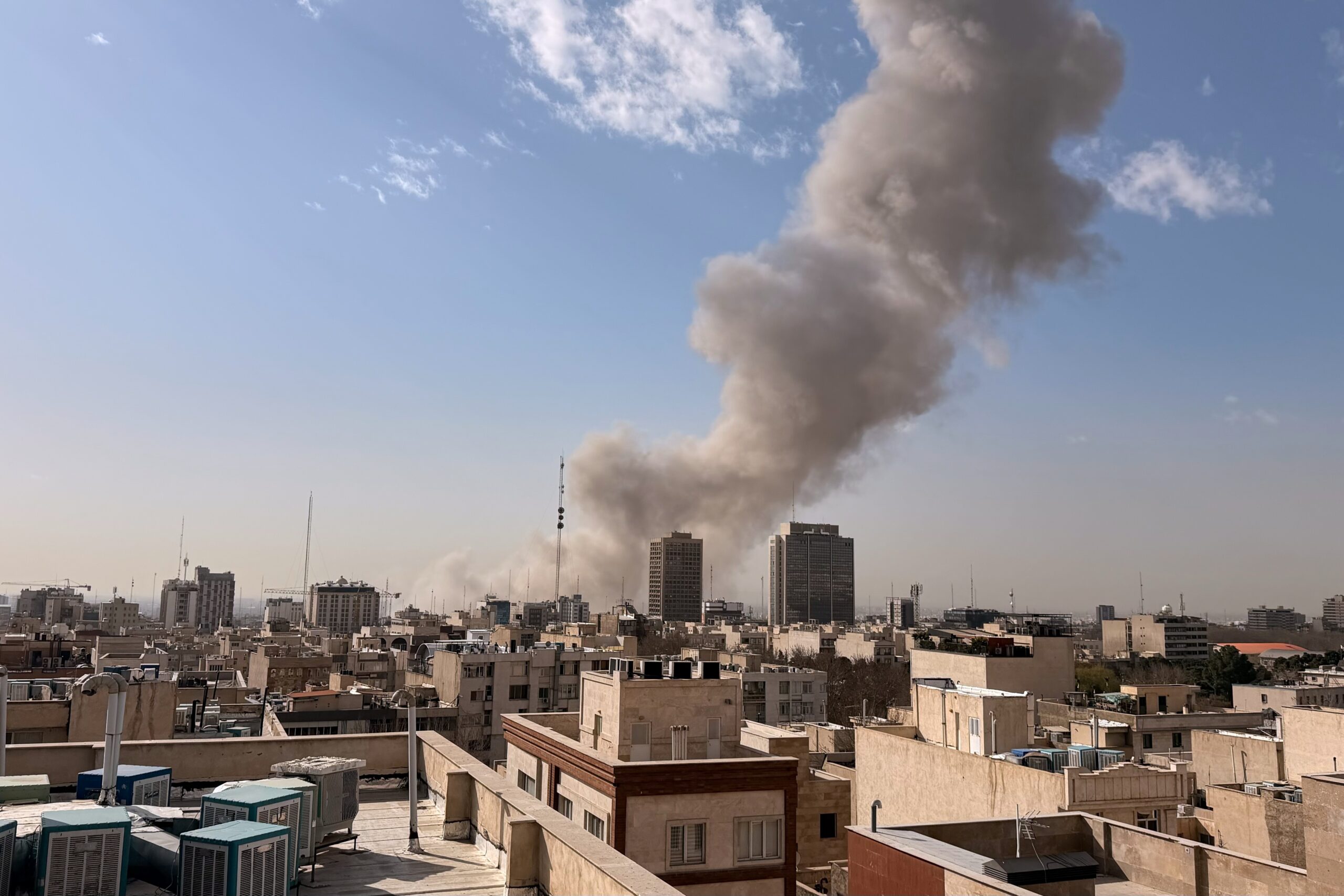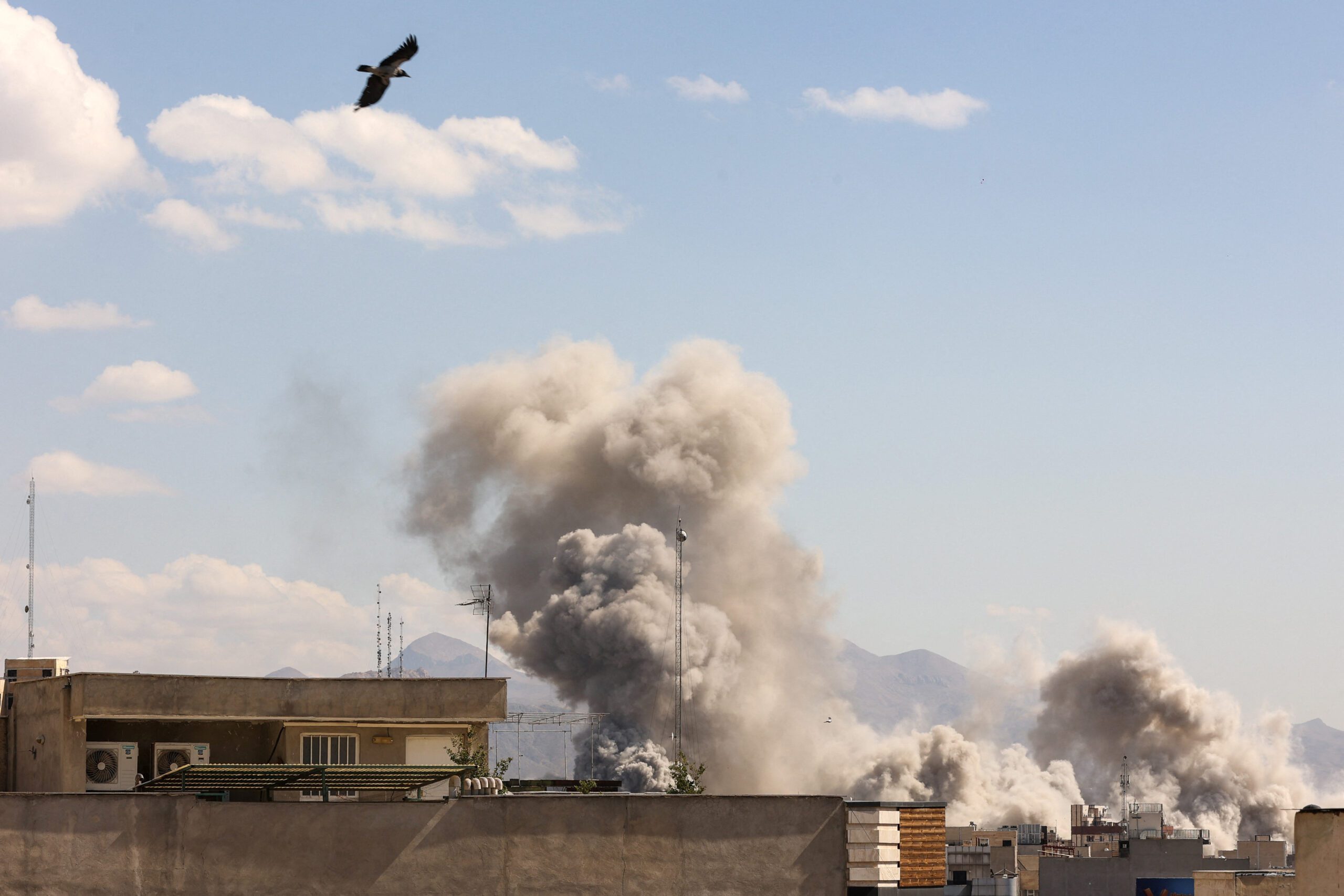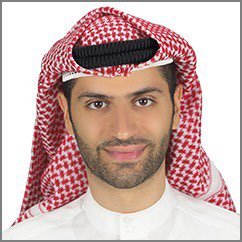Iran: Republic of Distrust
Forty-five years after the revolution and establishment of the Islamic Republic, the regime in Tehran is not only widely distrusted but has also sown the seeds of distrust among Iranians.
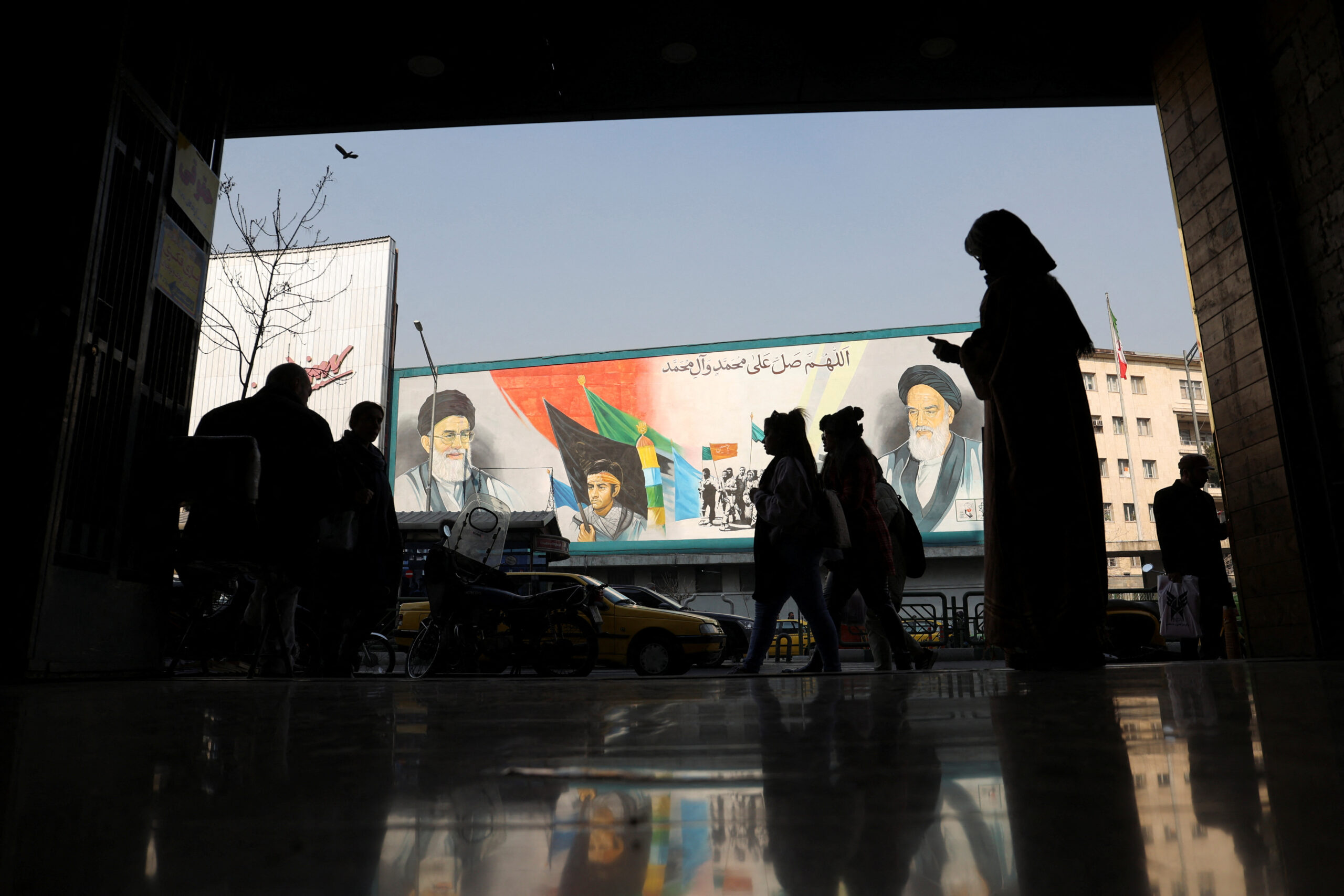
On January 20, Iranian Minister of Culture and Islamic Guidance Mohammad Mehdi Esmaeili presented the much awaited volume “The Fourth Wave of the National Polling of Values and Views of Iranians” at a press conference. Despite the presentation, the book has yet to be published, and the findings of the report appear to have been classified. However, select chapters are reportedly circulating among “policymakers and academics,” and three chapters have been leaked to Persian-language media outlets outside of Iran. On February 20, BBC Persian released Chapter 8 of the book, “Religious Views and Practices,” reviewed in a previous publication, and the London-based Iran Wire on February 26 released Chapter 3 on “Family Values” and Chapter 16 on “Public Trust and Social Capital.”
The latter chapter paints a bleak picture of a regime that, 45 years after the revolution and its establishment, is not only widely distrusted by the Iranian public but has also sown the seeds of distrust among Iranians. In the short term, societal distrust may deter formation of anti-regime coalitions and improve the regime’s survival prospects. But societal distrust also rips the fabric of society, causes atomization, and leaves the Iranian state vulnerable to the threat of disintegration.
The polling questions included in the chapter address public trust in the mass media, government, and professional groups as well as societal trust in general.
To judge by the findings of the report, the average Iranian has very low trust in the media, be it Iran’s state-censored media or foreign Persian-language broadcasters. This is particularly true of the vast network of television and radio channels of Voice and Vision of the Islamic Republic: 33.7% of respondents expressed “very limited” trust and 24.2% “limited” trust in Iran’s official government broadcasting network. Foreign Persian-language broadcasters to Iran did not fare much better in the polling: 44.3% of respondents expressed “very limited” and 30.2% “limited” trust in them. Iranians feel similarly about Iran’s state-censored print media outlets, most of which also publish their articles online, where they are available to readers for free: 32.1% expressed “very limited” and 31.6% “limited” trust in them.
With the Iranian public neither trusting the state-censored media nor the foreign Persian-language broadcasters to Iran, the citizenry is likely to find it difficult, if not impossible, to establish the facts about current affairs. Under such circumstances, society falls prey to rumors on social media and psychological warfare, both of the regime’s intelligence services and intelligence services of Iran’s rivals and adversaries. At some point, the citizenry just gives up belief in existence of the objective truth.
The leaked chapter’s section on public trust in government presents a shattering critique of the ruling elites of the Islamic Republic, with the exception of Supreme Leader Ayatollah Ali Khamenei, who – accountable to no one – neither appears on the ballot nor is mentioned in the polling. Among the elected bodies, 34.8% of respondents expressed “very limited” and 28.6% “limited” trust in the Parliament; 27.3% expressed “very limited” and 25.7% “limited” trust in the Judiciary; and 30.7% expressed “very limited” and 26.3% “limited” trust in the Cabinet. The municipalities, too, appear distrusted by the respondents, 31.2% of whom expressed “very limited” and 28.9% “limited” trust in them. Among the security and armed forces of the Islamic Republic, 34.9% of the respondents expressed trust in the performance of the police, 39.1% expressed trust in the army, and 32.8% expressed trust in the Islamic Revolutionary Guard Corps.
Among professional groups, university professors and teachers enjoy considerable public trust as do doctors of medicine and lawyers. Judges score lower than lawyers: 23.4% of respondents noted “very limited” and 26.2% “limited” trust in them. The clergy is even more distrusted by the Iranian public as 33.3% of respondents expressed “very limited” and 23.2% “limited” trust in the clergy. Remarkably, distrust in the clergy is detected in all provinces, including the religious poles of Iran, Razavi Khorasan province and Qom, Iran’s equivalents of Vatican City: In Razavi Khorasan province in northeastern Iran, 33.7% of respondents expressed “very limited” and 21.1% “limited” trust in the clergy. In Qom, 29.7% have “very limited” and 21% “limited” trust in the clergy. Distrust in politicians runs even deeper, as 37.3% of respondents expressed “very limited” and 32.5% “limited” trust in them. Forty-five years ago, the same Shia clergy enjoyed vast public support and led the revolution to victory, but its entanglement with politics has stained the reputation of the once venerable profession.
Apart from the public distrusting the media, the state, and professional classes involved in administration of the state, such as clerics and judges, 45 years under the Islamic Republic also appears to have reduced general trust among Iranians. Answering the question, “How much trust do the people have in each other?” 27.1% of respondents shockingly answered “zero” and 54.1% “limited.” Apart from societal dysfunction, such distrust can be an asset for the Islamic Republic, since it will, at least in the short term, also complicate formation of large anti-government coalitions capable of overthrowing the regime. Short-term survival of the regime, however, comes at the steep price of ripping the fabric of society and atomization, which leaves the Iranian state vulnerable to the threat of disintegration.
The views represented herein are the author's or speaker's own and do not necessarily reflect the views of AGSI, its staff, or its board of directors.

